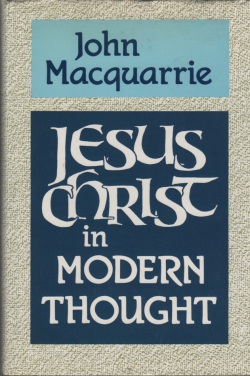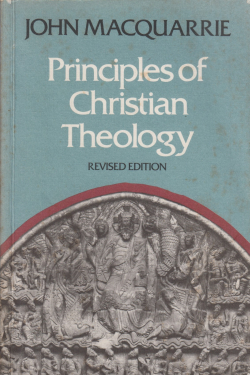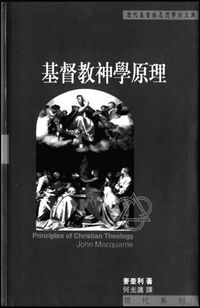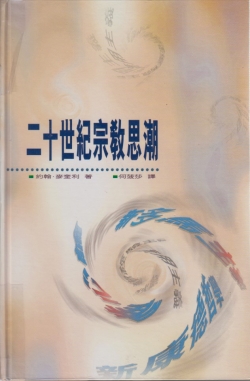Jesus Christ in Modern Thought

Buy online ($)
Type
Book
Authors
ISBN 10
0334024579
ISBN 13
9780334024576
Category
Theology ( 神學研究 )
[ Browse Items ]
Publication Year
1990
Publisher
Pages
451
Subject
BT198
Abstract
Where does Christology begin? One way of classifying christologies is to divide them into those which begin ‘from below’, that is to say, from the humanity of Jesus Christ, and those which begin ‘from above’, that is to say, from his origin in God. The classical Christology was a Christology ‘from above’. In the Nicene creed, we affirm of Jesus Christ that he is ‘the only Son of God, eternally begotten of the Father, God from God, Light from Light, true God from true God, begotten, not made, of one Being with the Father’. Only after that exalted confession of his deity do we go on to say that ‘he came down from heaven; by the power of the Holy Spirit he became incarnate of the virgin Mary, and was made man’. It takes a long time to get to the ‘homo factus est’, ‘he was made man’, and when we do get there, the humanity seems very much in second place after the glories of the per-incarnate Logos. Hence the determination of many contemporary theologians to break away from the traditional pattern and to begin their expositions of the person of Christ from an unequivocal affirmation of his complete humanity. Today this is almost universal. One has only to mention Rahner, Pannenberg, Robinson as representative of a very broad agreement that Christology must begin from the humanity that makes Christ consubstantial with ourselves, in the language of Chalcedon.
Apart from anything else, this is something that is demanded by the teaching situation in which the church currently finds itself. We live in a secular age, when the very word ‘God’ has become elusive for many people. How then can one hope to speak intelligibly of Jesus Christ if one begins by talking about his coming from God or identifying him with the divine Logos? But there is more to it than just the practical demands of the educational situation. If there is any truth in the idea of incarnation, then this must mean meeting people where they are, and in a secular age that means meeting them on the level of their everyday humanity. Let us not be intimidated either by murmurings about adoptionism. In demanding that Christology takes its departure from the human Jesus, one is simply going back to its original path in the earliest days of Christianity. And to say that a Christology for the present day must begin from the humanity of Christ is not to decide in advance that it cannot go any further.
Apart from anything else, this is something that is demanded by the teaching situation in which the church currently finds itself. We live in a secular age, when the very word ‘God’ has become elusive for many people. How then can one hope to speak intelligibly of Jesus Christ if one begins by talking about his coming from God or identifying him with the divine Logos? But there is more to it than just the practical demands of the educational situation. If there is any truth in the idea of incarnation, then this must mean meeting people where they are, and in a secular age that means meeting them on the level of their everyday humanity. Let us not be intimidated either by murmurings about adoptionism. In demanding that Christology takes its departure from the human Jesus, one is simply going back to its original path in the earliest days of Christianity. And to say that a Christology for the present day must begin from the humanity of Christ is not to decide in advance that it cannot go any further.
Description
Table of Contents
Preface
PART ONE: THE SOURCES AND THE RISE OF THE CLASSICAL CHRISTOLOGY
PART TWO: THE CRITIQUE OF THE CLASSICAL CHRISTOLOGY AND ATTEMPTS AT RECONSTRUCTION
PART THREE: WHO REALLY IS JESUS CHRIST FOR US TODAY
Notes
Preface
PART ONE: THE SOURCES AND THE RISE OF THE CLASSICAL CHRISTOLOGY
PART TWO: THE CRITIQUE OF THE CLASSICAL CHRISTOLOGY AND ATTEMPTS AT RECONSTRUCTION
PART THREE: WHO REALLY IS JESUS CHRIST FOR US TODAY
Notes
Number of Copies
1
| Library | Accession No | Call No | Copy No | Edition | Location | Availability |
|---|---|---|---|---|---|---|
| Library 1 ( Main Library ) at Thornleigh | 136 | TH 0100.0007 | 1 | Yes |




